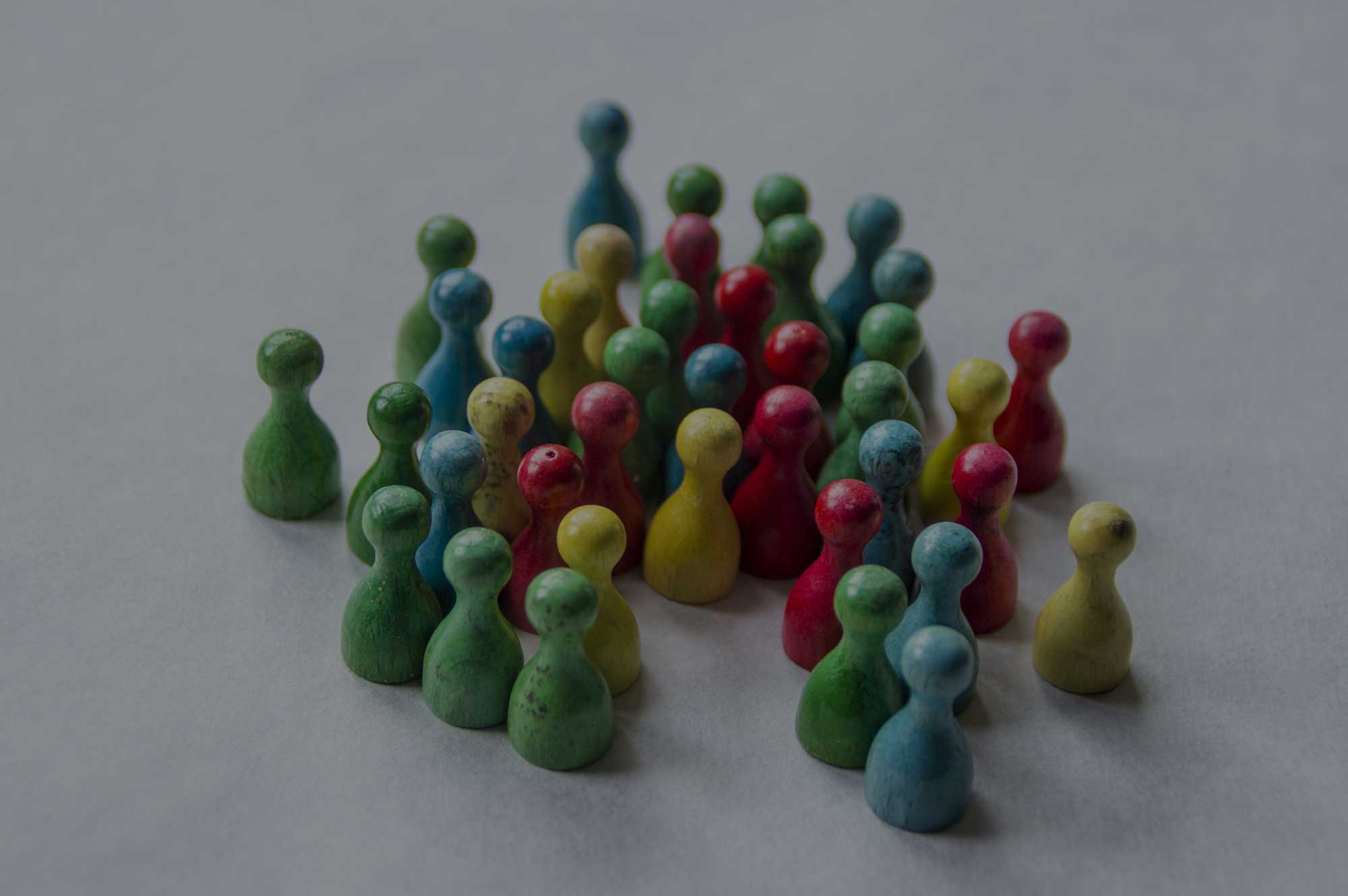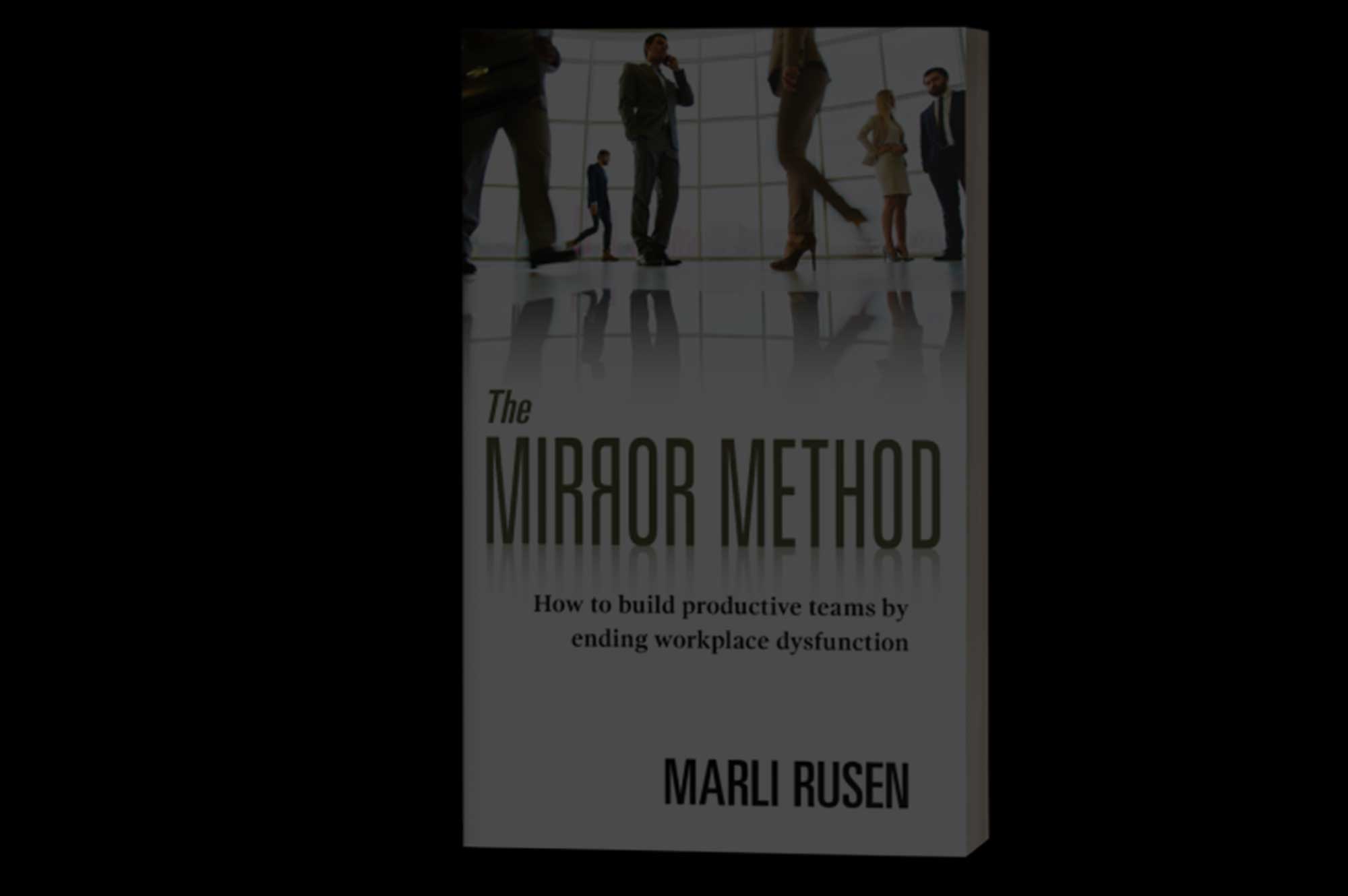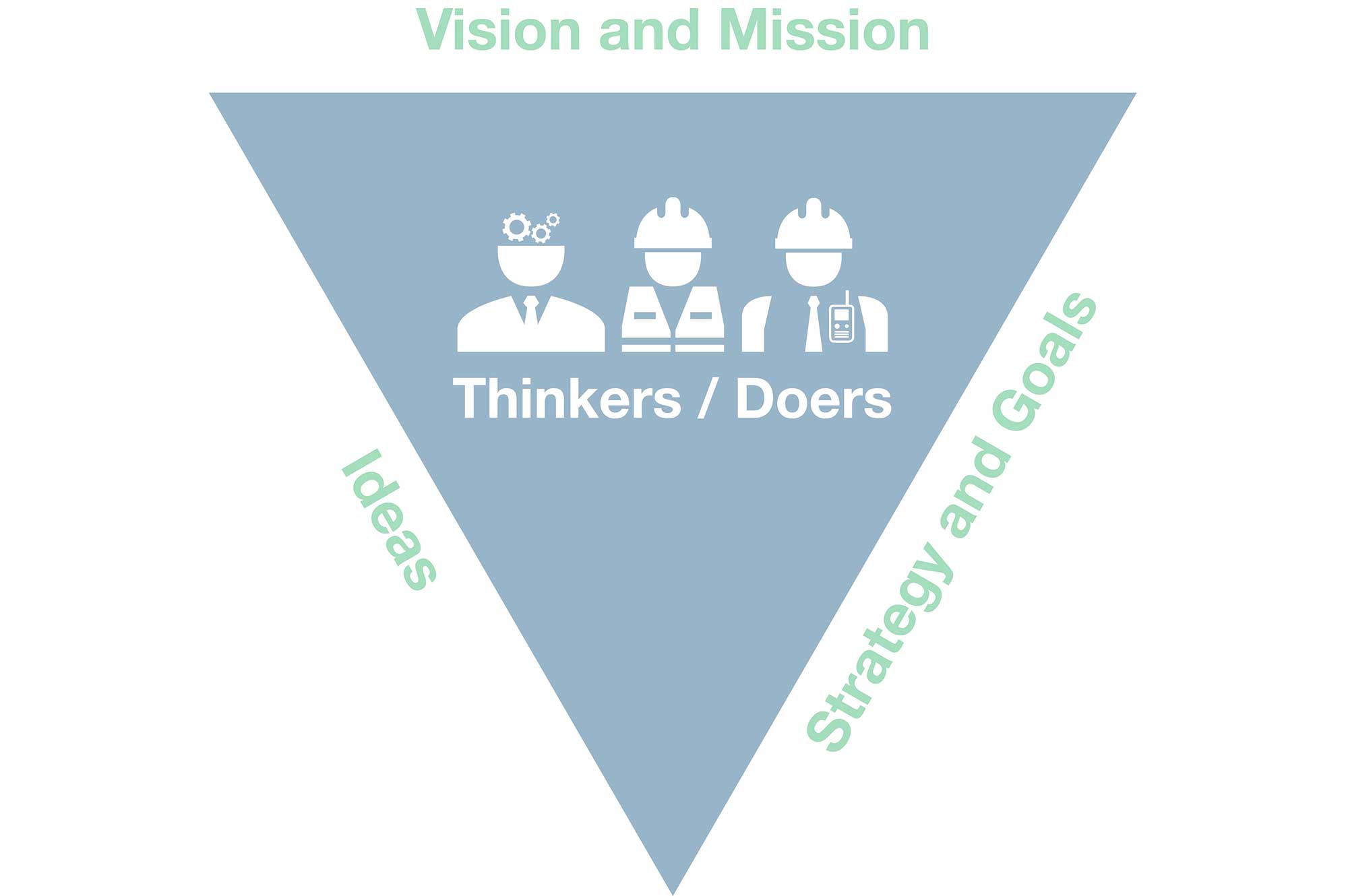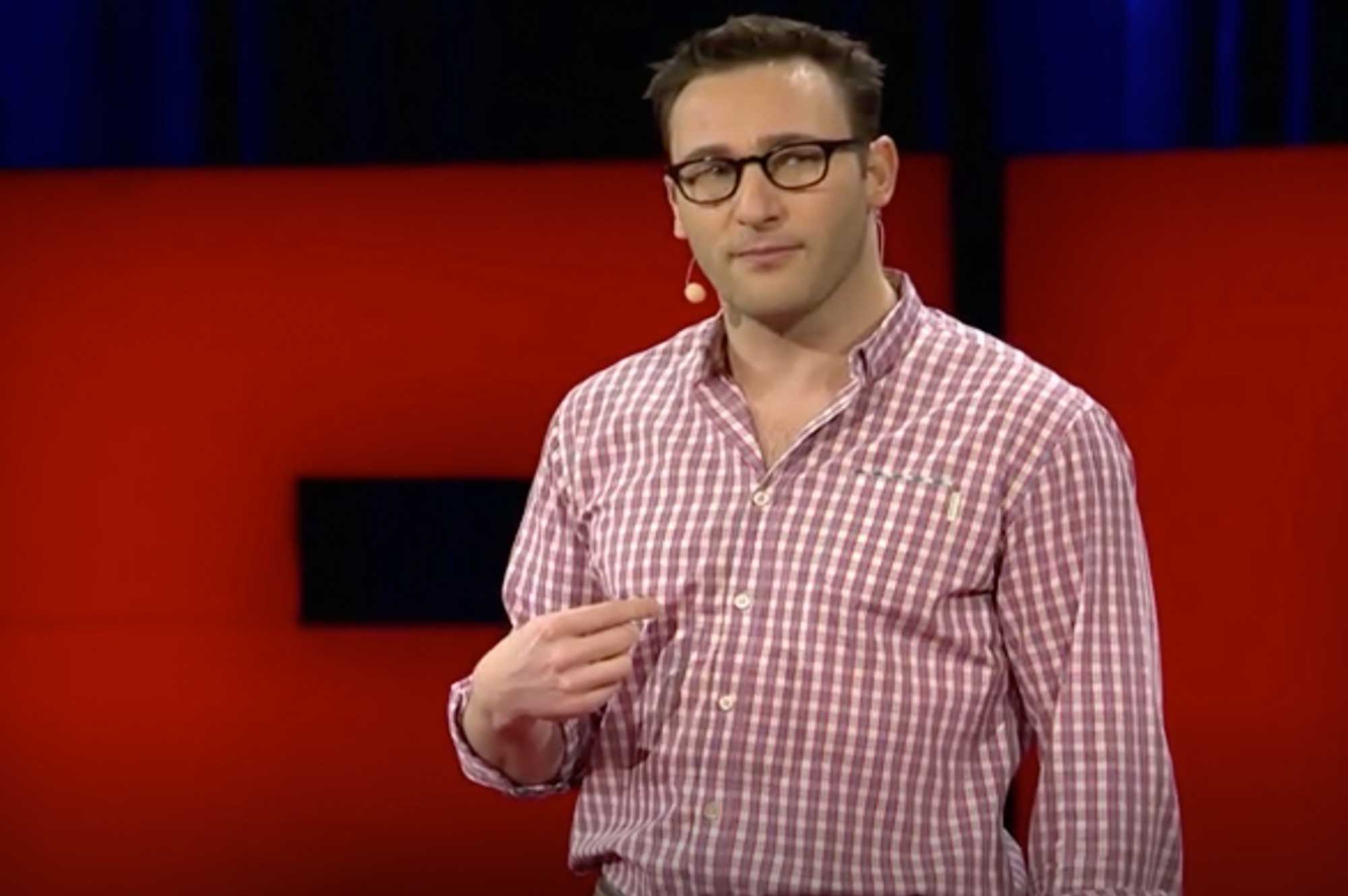Organizational knowledge refers to the collective knowledge possessed by people who belong to an organization. Knowledge is a living type of information that is communicated and used by people; organizational knowledge can be difficult to transfer and retain and as such is prone to loss.
Common types of organizational knowledge include:
- Know-how: practical knowledge related to completing tasks and activities specific to the organization
- Tacit Knowledge: abilities that are difficult to communicate or teach
- Dispersed Knowledge: knowledge that is dispersed across an organization such that different people hold the key to answering relevant questions
- Situated Knowledge: Highly localized or specialized knowledge
- Organizational Culture: knowledge specific to your organizational culture
- Information: Knowledge that has been captured and represented as information such as documentation, checklists and training materials
Recommended Courses
These courses are ones recommended by B.C. Corrections to fulfil the competencies for the topic of Organizational Knowledge.
This Public Service Agency course focuses on the broad range of knowledge and skills that all excluded managers are expected to have to work effectively in government
(From: Public Service Agency; Mode: In-person, scheduled course; Next offered: TBA).
In this workshop, Marli Rusen will introduce leaders to her MIRROR Method - a practical and legally defensible framework to follow to ensure that they conduct - and are seen to conduct - fair and objective workplace reviews
(From: Marli Rusen; Mode: In-person, scheduled course; Next offered: TBA).
Additional Resources
Look here for a random selection of additional audio, video, and readings to expand an understanding of Organizational Knowledge.
In an online article for Industry Week Leader Health and Safety industry leader Scott Gaddis describes how he learned the lesson of the inverted pyramid leadership approach and how it allows leaders to leverage the "power of we" (Online article)
Management theorist Simon Sinek suggests, a great leader is someone who makes their employees feel secure, who draws staffers into a circle of trust. But creating trust and safety — especially in an uneven economy — means taking on big responsibility (TED Talk)




